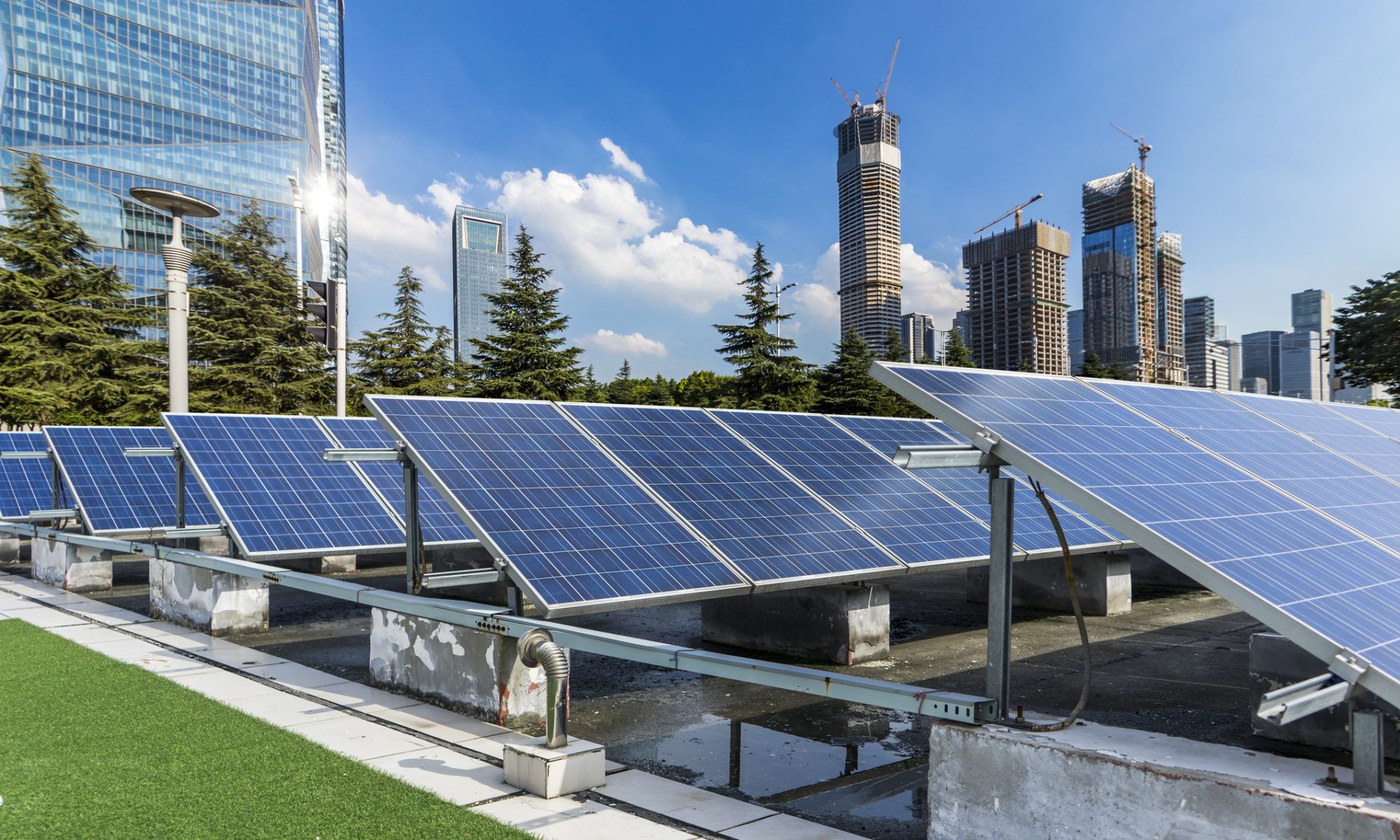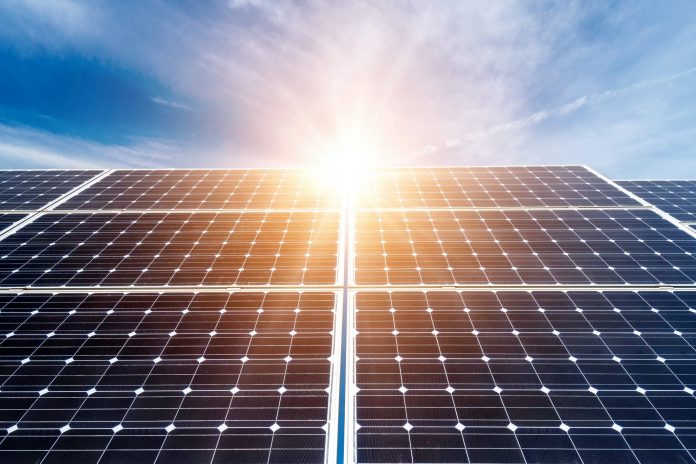As the world continues to get warmer, more and more people are beginning to consider going solar. But not everyone is familiar with the process or knows what to look for when it comes to Residential Solar Panels Perth.
This blog is designed to assist you in making the right decision for your own home by outlining the advantages of installing residential solar panels - both in terms of environmental sustainability and financial security.
By taking these factors into account, you'll be able to make an informed decision about whether or not installing residential solar panels is right for you!
Condition of Roof
Before installing Residential Solar Panels Perth, it is important to know the condition of your roof.

This will help you decide if solar panels are the best option for you. Keep in mind that solar panels work best when the sun is shining. If the roof is in bad condition, the panels will not be able to generate enough power to work.
Additionally, if the roof is leaking, the panels will also not work because water will seep through the cells and damage them. If you are unsure of the condition of your roof, it is best to consult a professional.
Calculating your Energy Consumption
Before you go ahead and install residential solar panels, it's important to calculate your energy consumption.
This will help you determine the size and type of solar panels best for your home. You can use an online solar calculator to estimate your energy usage or a home energy assessment to get a more precise estimate.
Once you have an estimate, you can decide if solar panels are the right solution for you. You should keep a few things in mind when installing residential solar panels, including the fact that they can take some time to pay off.
Also, remember that Residential Solar Power Perth will only work well if the sun shines. So, make sure to research the local weather conditions before making a decision.
Check your local financial incentives.
Before you decide to install residential solar panels, it's important to research your local financial incentives. There are a variety of government and non-government programs that can help you save money on your installation.
Some programs even offer tax credits or rebates, so be sure to research your options before making a decision. Additionally, be aware of the expected lifespan of your panels - the longer they last, the less you'll have to pay in the long run.
So, before you take the plunge, make sure you have all the information you need and consult with a qualified installer.
Decide the correct positioning.
When it comes to solar panels, choosing the right positioning is important. If you're not sure where to put them, here are a few factors to consider:
-The location of your home will play a major role in your decision.
-The sun's exposure throughout the day and year will also influence your decision.
-The size and shape of your roof will also affect your decision.
-Finally, consider your budget and the needs of your household. Once you have determined the right position, it's time to start the installation process. Make sure to calculate the size and type of solar panel required, and consult a professional installer if you're not familiar with the process.
Be sure to get a permit and schedule an appointment with your local utility company beforehand.
Once the installation is complete, be sure to test and monitor the system to ensure it's functioning properly. Enjoy the benefits of solar energy without breaking the bank!
Choose a good installer.
Choosing the right residential solar panel installer is essential for a successful installation. Make sure the installer you choose is licensed and insured.

Additionally, be sure to research different solar panel installers before making a decision. Get quotes from at least 3 different installers to get an idea of what's best for you and your home.
Finally, be prepared to answer questions about your energy use and goals for solar power installation. Residential solar panels are a great investment, but make sure you choose the right one for your home and needs.
Conclusion
Now that you know the important factors to consider before installing residential solar panels, it's time to get started!
Make sure to calculate your energy consumption and check your local financial incentives before deciding.
Once you have all the information, choose a good installer and start installing your solar panels! We hope you found this blog helpful and that you will take the necessary steps to install residential solar panels!
Source: Residential Solar Panels – What You Should Consider Before Installing Them

 Log in with Facebook
Log in with Facebook 









